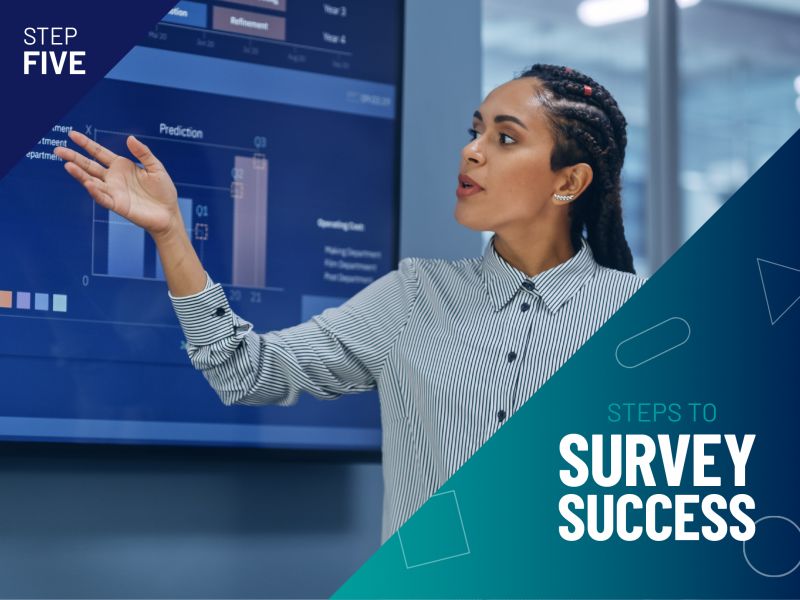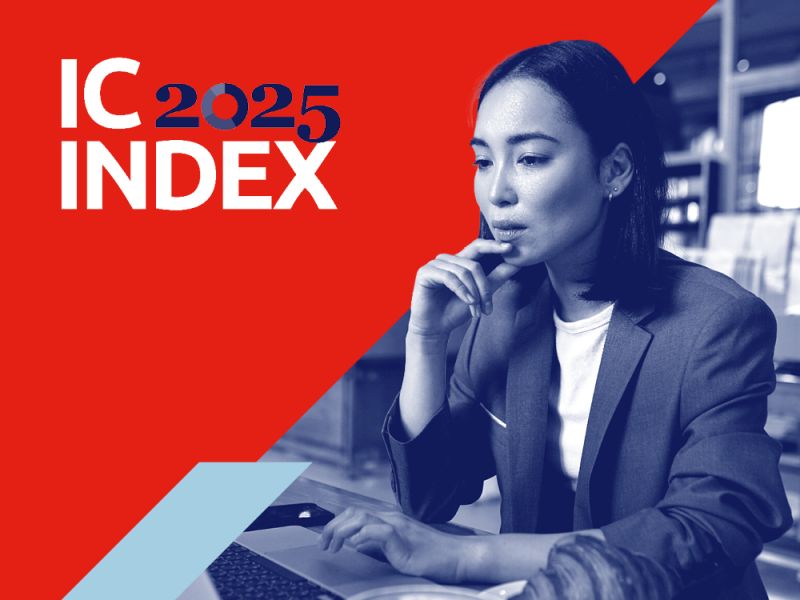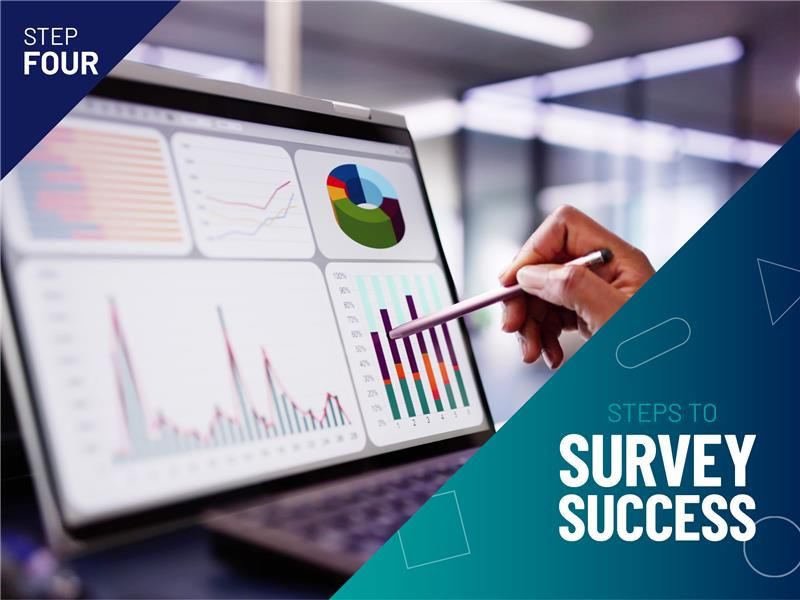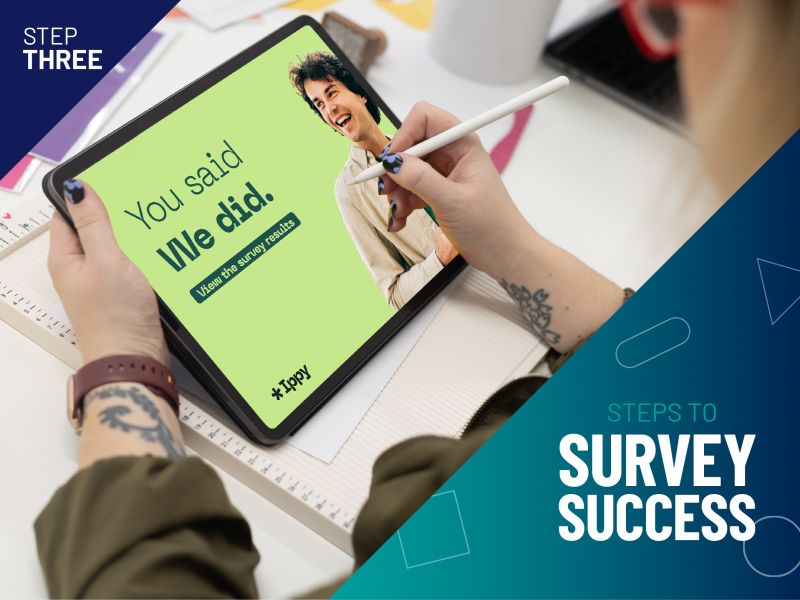After a year of disruption caused by the pandemic, now is the time that we, as organisations and as workplace communities, must reflect and plan for a hybrid future – grasping the opportunity to create new and inclusive ways of working for our people.
In this second report collaboration with our research partners, the Global Institute of Women’s Leadership (GIWL), what began as a follow-up study into organisational support for working parents and carers throughout the pandemic, has become a much broader exploration into the anticipated future of work for all.
Through a global survey (undertaken in February 2021) and 1-2-1 interviews with leaders, decision makers and people managers, we have analysed intel from over 250 organisations and created a report that not only reveals the financial and career costs for parents and carers, but also the impact and influence of the pandemic on organisations as a whole.
We can now present extensive findings on a breadth of current issues and future concepts; including plans for restructures and redundancies, the varying support for employee wellbeing, the positive but somewhat blurred vision for hybrid workplaces and the shifting attitudes towards flexible working.
This report is strengthened with inside stories from spokespeople at OANDA, Vodafone, Aviva, Compass Group plc and The Unmistakables, a Diversity and Inclusion consultancy. It also signposts the actions that organisations can take in response to the five core themes raised in the report, which include:
- Hybrid working: What does ‘hybrid working’ really mean and how do you make it work in practice?
- Talent: How can we make the way we work attract, retain, and develop talent – particularly parents and carers?
- Role of the office: What is the role of the office for organisations in future?
- Support and wellbeing: How can support our employees through the transition from survival to recovery mode?
- Inclusive culture: How can we address the broader inclusion challenge in the workplace?
While we cast no judgement on how organisations have reacted under the extreme pressure of the pandemic, in reading and sharing this report, we can relate to and reflect on the statistics, take inspiration from peers and learn to listen to the needs of all our people – letting insight inform our collective next steps towards an inclusive future of work.
The report was launched at joint webinar chaired by Ann Cairns from Mastercard and featuring panellists from Facebook, TUC and Compass Group PLC. You can watch the webinar here which includes a summary of the report's findings.
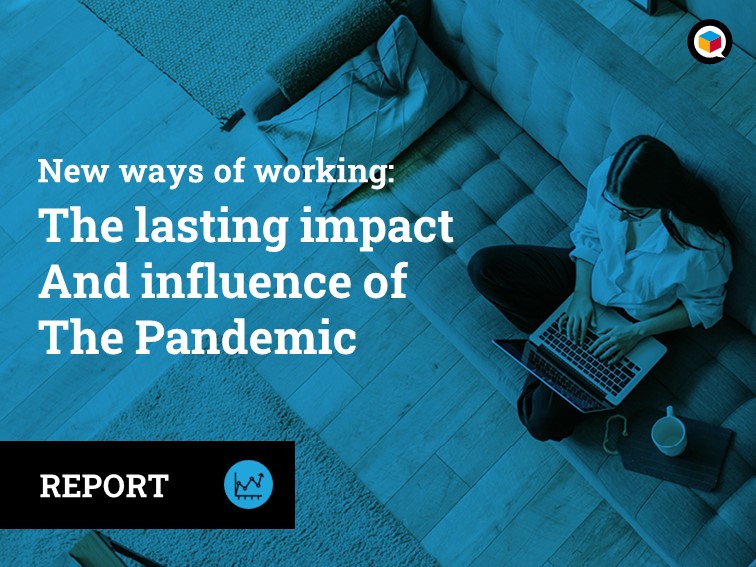
Ipsos Karian and Box
